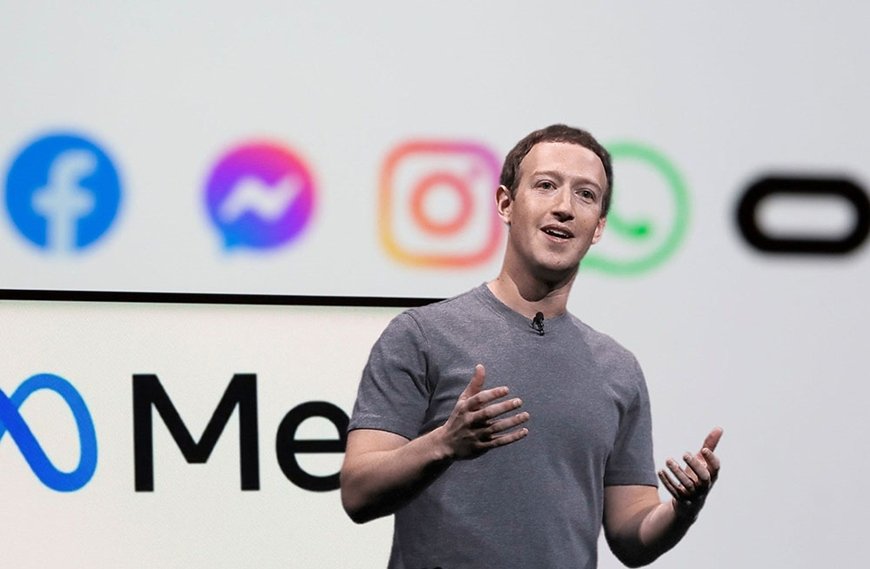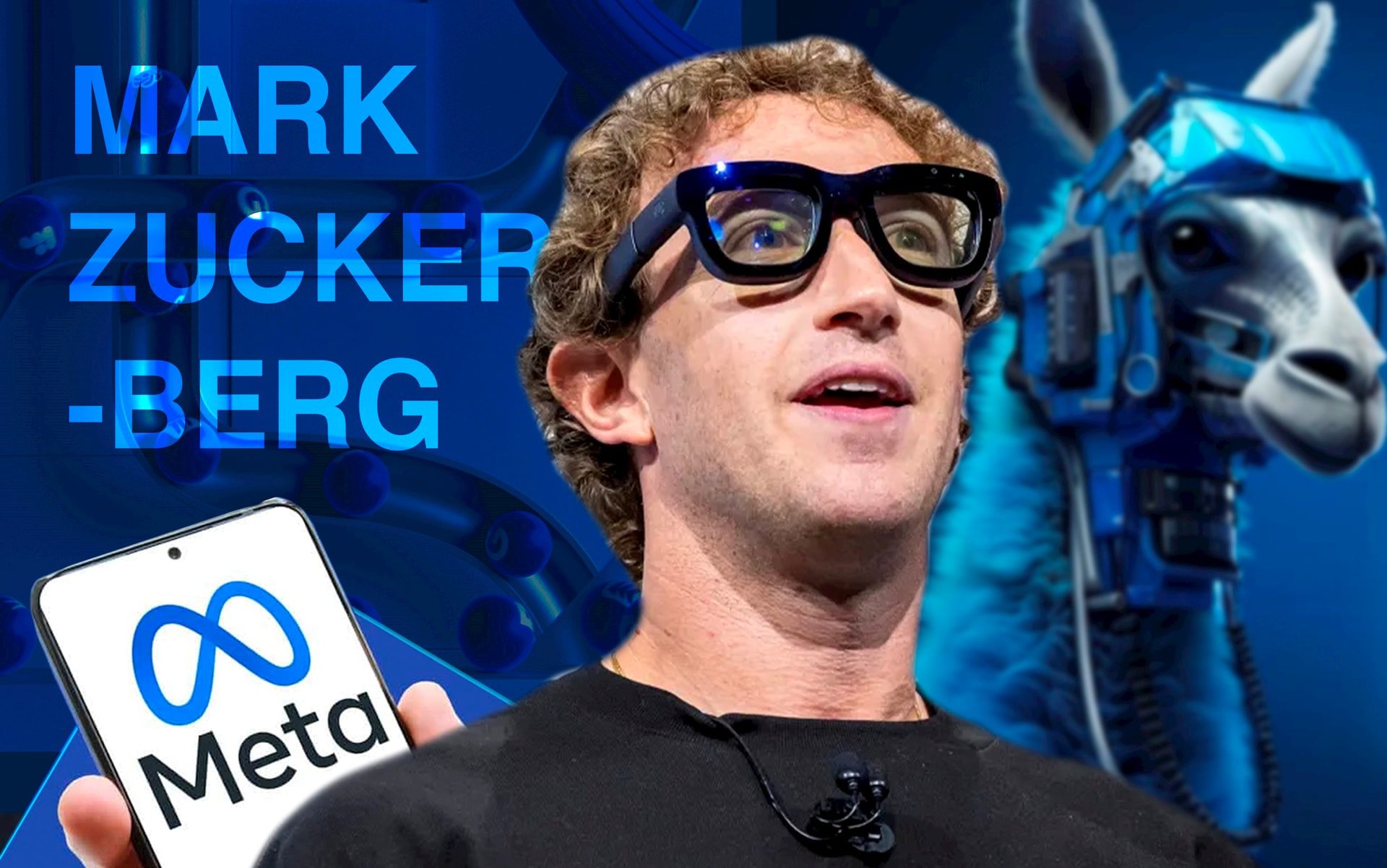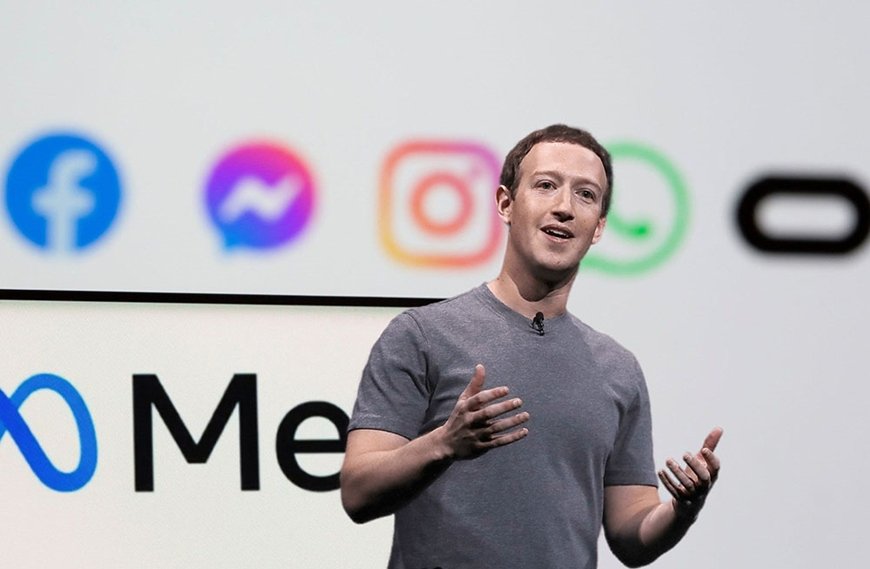Mark Zuckerberg, the visionary co-founder of Facebook and CEO of Meta, has never shied away from making bold moves in the tech industry. His latest gamble—a staggering $65 billion investment in artificial intelligence—has sparked intense debate among industry experts and investors. While some hail it as a masterstroke that could redefine the future of AI, others warn it may be one of the riskiest bets in tech history. This article explores the motivations behind Zuckerberg’s AI push, its potential impact, and whether this monumental investment will pay off or backfire.
### The Evolution of Zuckerberg’s AI Vision

Zuckerberg has always been at the forefront of technological evolution. His company, Meta, has been investing heavily in AI for years, with applications ranging from content moderation on Facebook to groundbreaking developments in the metaverse. However, with the recent explosion of generative AI and large language models, Zuckerberg has intensified his focus, signaling a shift from social networking to a broader AI-driven future.
This transformation is not just about keeping up with competitors like OpenAI, Google, and Microsoft; it is about positioning Meta as a dominant force in AI innovation. With the rapid advancement of AI technology, Zuckerberg sees an opportunity to leverage Meta’s vast data resources and computing power to create revolutionary AI applications.
### Why $65 Billion? The Scale of the Investment
A $65 billion investment in AI is unprecedented, even by Silicon Valley standards. Meta’s commitment to AI includes significant spending on research and development, acquisitions of AI startups, and building one of the world’s most powerful AI supercomputers.
The allocation of funds suggests Zuckerberg is betting big on multiple aspects of AI:
– **Generative AI Models**: Competing with OpenAI’s ChatGPT and Google’s Gemini.
– **AI Infrastructure**: Meta has been acquiring thousands of NVIDIA GPUs and investing in custom AI chips to enhance processing power.
– **Metaverse Integration**: AI-driven advancements to make the metaverse more immersive and intelligent.
– **AI-Powered Social Media**: Enhancing user experiences through AI-driven personalization, content creation, and moderation.
While the investment demonstrates confidence in AI’s transformative power, it also raises questions about financial risks and Meta’s long-term strategy.
### The Potential Rewards: A Tech Revolution

If Zuckerberg’s AI vision succeeds, it could catapult Meta into a new era of dominance. Some potential benefits include:
1. **AI-Powered Metaverse**: By integrating advanced AI, Meta’s metaverse could become more realistic and engaging, attracting more users and businesses.
2. **New Revenue Streams**: AI-driven services and products, such as AI-powered assistants, advertising enhancements, and automation, could significantly boost Meta’s profitability.
3. **Competitive Edge**: Outpacing rivals like OpenAI and Google could establish Meta as a leader in AI technology.
4. **AI-Driven Social Networking**: More advanced AI features could improve user engagement, retention, and overall platform efficiency.
5. **Automation & Efficiency**: AI could optimize Meta’s internal operations, reducing costs and increasing productivity.
### The Risks: Could This Be a Catastrophic Mistake?
While the rewards are enticing, the risks are equally daunting. Some of the major challenges Meta faces include:
1. **Financial Strain**: A $65 billion investment is a colossal financial burden. If AI advancements do not yield expected returns, Meta could face severe financial repercussions.
2. **Regulatory Challenges**: Governments worldwide are tightening regulations around AI development, privacy, and data usage, which could hinder Meta’s AI initiatives.
3. **Fierce Competition**: Meta is up against well-established AI giants like Google, OpenAI, and Microsoft. Winning this race is not guaranteed.
4. **Ethical Concerns**: AI development raises ethical questions, including bias, misinformation, and potential misuse, which could damage Meta’s reputation.
5. **User Backlash**: If AI integration disrupts user experience or raises privacy concerns, it could lead to declining engagement across Meta’s platforms.

### Industry Reactions and Market Response
The tech industry has responded to Meta’s AI push with a mix of optimism and skepticism. Investors have shown both excitement and caution, leading to fluctuating stock prices. Experts debate whether this is Zuckerberg’s most brilliant move or a reckless gamble that could drain Meta’s resources.
Some analysts argue that Meta’s deep AI investment aligns with the industry’s direction and will yield long-term rewards. Others caution that Zuckerberg may be overestimating AI’s near-term impact, potentially putting Meta’s financial stability at risk.
### Conclusion: A Gamble Worth Taking?
Mark Zuckerberg’s $65 billion bet on AI is undoubtedly one of the boldest moves in tech history. If successful, it could revolutionize AI, redefine Meta’s role in the digital landscape, and create unprecedented opportunities. However, the financial, competitive, and regulatory risks make it a high-stakes gamble that could backfire spectacularly.
Only time will tell whether this AI push will cement Zuckerberg’s legacy as a visionary tech leader or mark one of the biggest miscalculations in the industry. Regardless of the outcome, his unwavering commitment to AI ensures that Meta remains at the heart of the AI revolution—one way or another.
